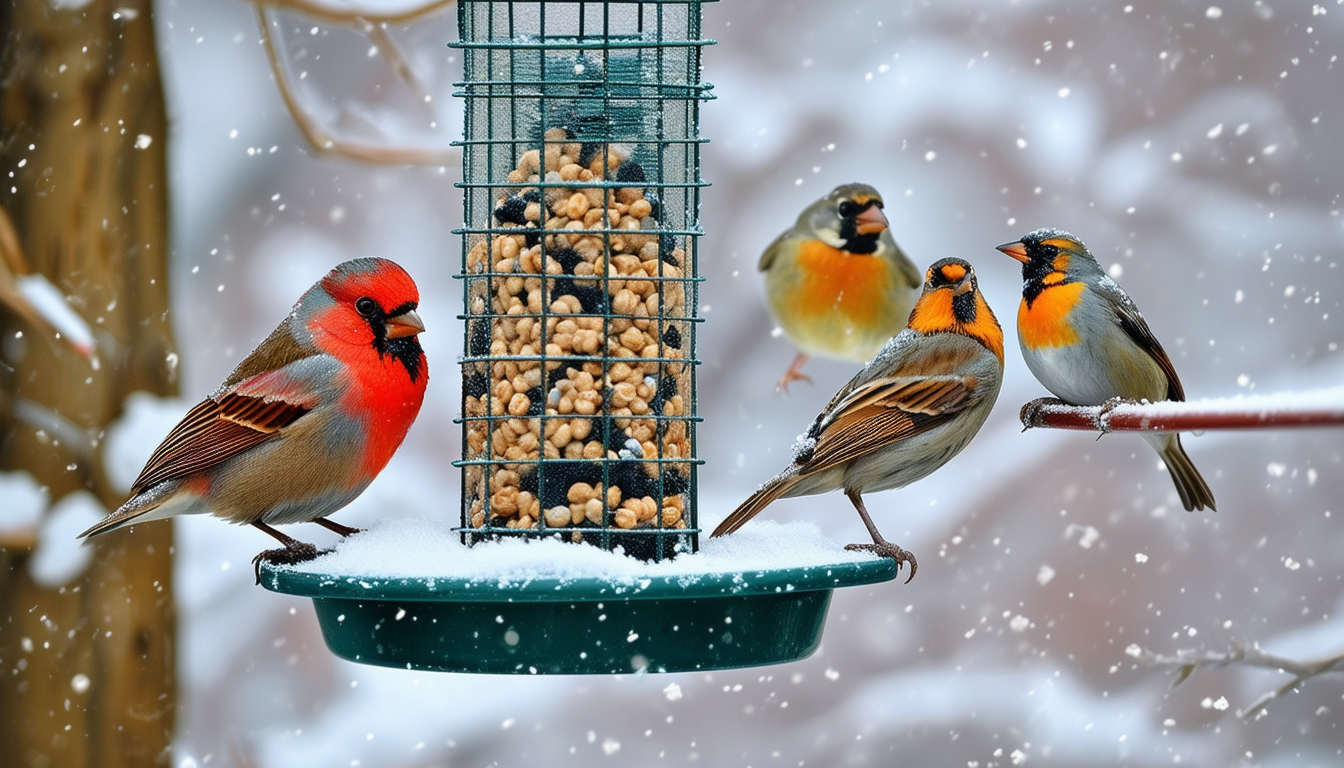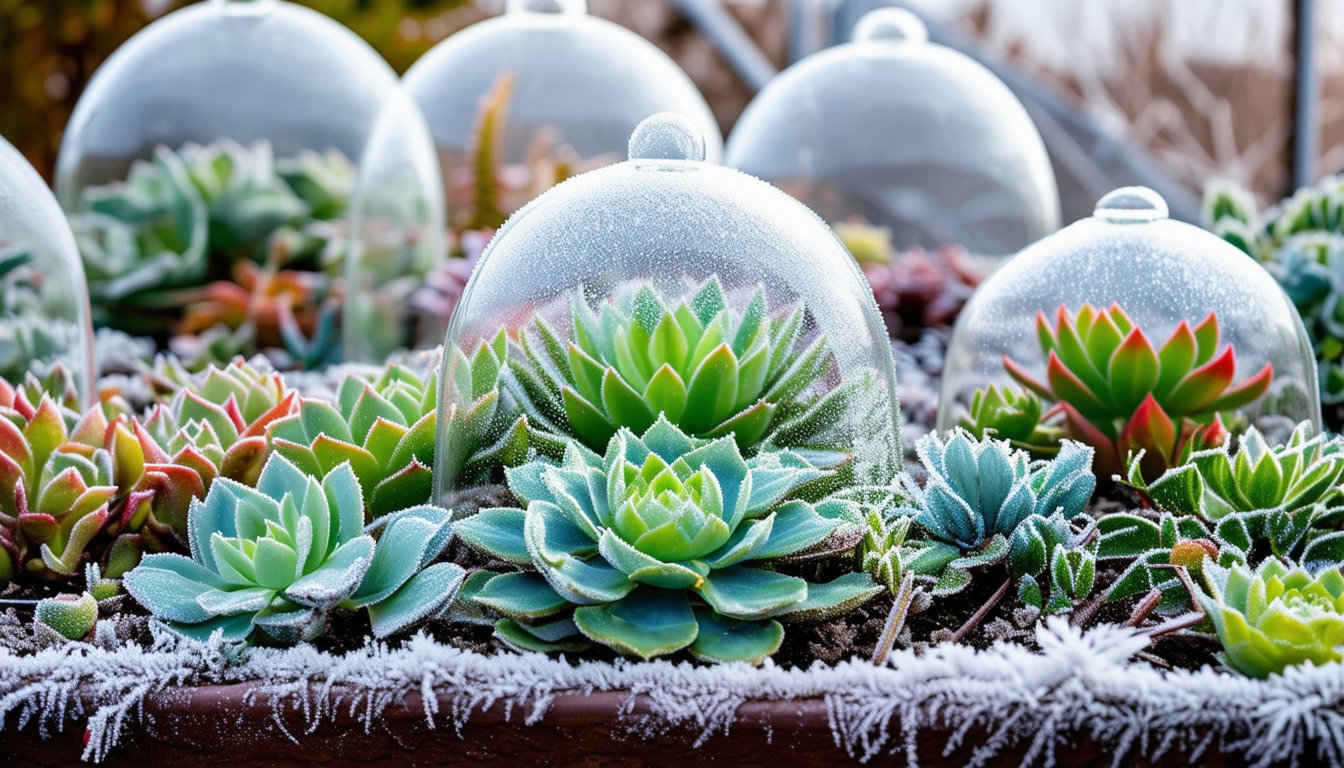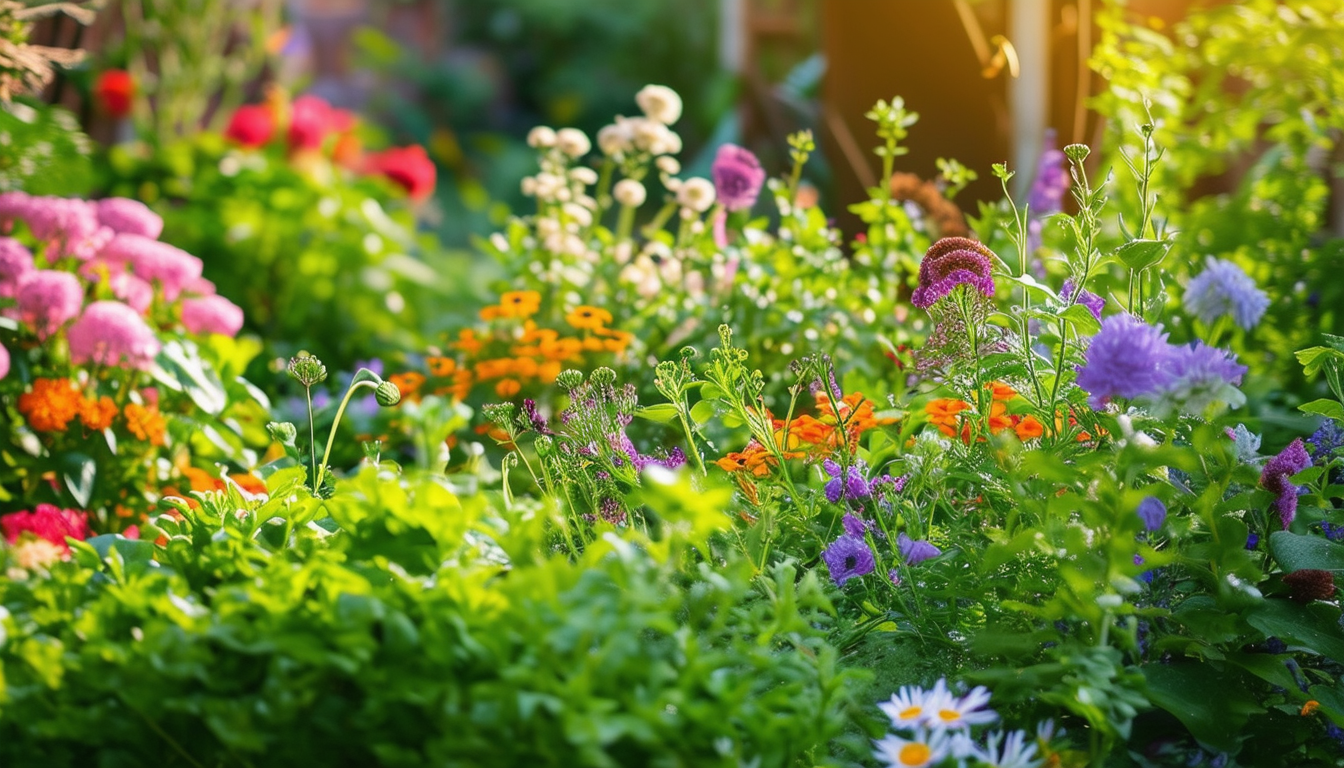Unveil nature-friendly strategies to protect your roses from white fly devastations, ensuring a thriving garden without compromising the environment.
Identifying White Fly Infestations in Your Rose Garden
To effectively combat white fly infestations in your rose garden, the first step is identification. White flies are tiny, winged insects that can be seen congregating on the undersides of rose leaves. They feed on the sap, weakening the plants and excreting sticky honeydew which leads to sooty mold. Look for telltale signs such as a cloud of white insects when the plant is disturbed, yellowing leaves, and the presence of sticky residue or black sooty mold on the foliage.
Regular monitoring of your roses is crucial for early detection. Using yellow sticky traps can help you catch white flies before they become a larger issue. These traps also serve as an effective tool for gauging the level of infestation in your garden.
Implementing Biological Controls for Sustainable Management
Biological controls offer a sustainable and eco-friendly way to manage white fly populations. Introducing natural predators such as ladybugs, lacewings, and parasitic wasps can help keep the white fly numbers in check. These beneficial insects can be purchased from garden centers or online and released into your garden.
Another biological control method is the use of insecticidal soaps or horticultural oils that target white flies without harming beneficial insects. These can be applied to the affected areas of your roses, paying special attention to the undersides of leaves where white flies congregate.
Creating Homemade Organic Sprays and Solutions
Homemade organic sprays can be an effective and environmentally safe way to tackle white fly infestations. A popular recipe is a mixture of water with a few drops of mild liquid soap, which can be sprayed directly onto infested rose leaves. Neem oil is another natural pesticide that can be used against white flies. It disrupts their life cycle and prevents them from feeding and reproducing.
It's important to apply these solutions early in the morning or late in the evening to avoid harming beneficial insects and to minimize leaf burn. Repeated applications may be necessary to fully eradicate the white flies.
Practicing Cultural Techniques to Prevent Future Infestations
Preventing future white fly infestations is key to maintaining a healthy rose garden. Cultural techniques such as proper spacing between rose plants to ensure good air circulation and regular pruning of affected leaves and stems can significantly reduce white fly populations.
Keeping the garden clean from leaf litter and debris also minimizes the habitats for white flies to thrive. Additionally, watering your roses in the morning allows leaves to dry out during the day, reducing the likelihood of fungal diseases that can weaken plants and make them more susceptible to pests.
Integrating Companion Planting for Natural White Fly Resistance
Companion planting is an age-old practice that can enhance the health and resilience of your roses. Planting marigolds, nasturtiums, or calendula among your roses can deter white flies and other pests due to their natural repellent properties.
These companion plants can attract beneficial insects that prey on white flies, creating a more balanced ecosystem in your garden. Integrating diverse plant species not only adds aesthetic value but also contributes to a healthier, more pest-resistant garden environment.



